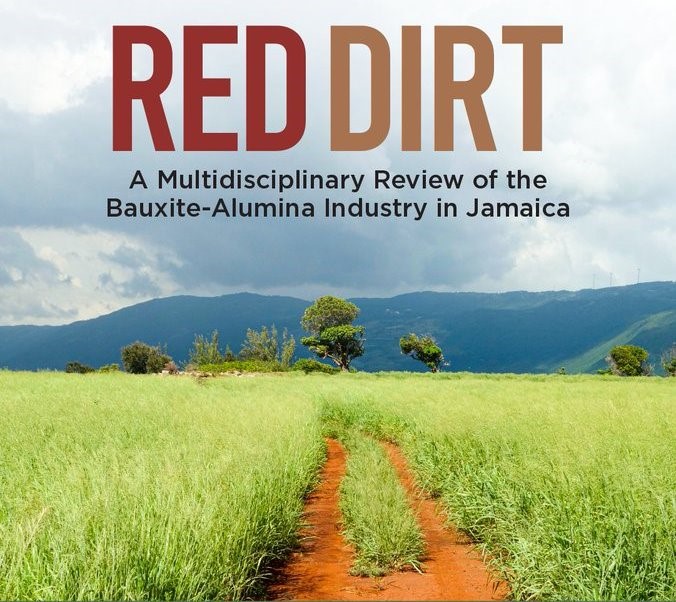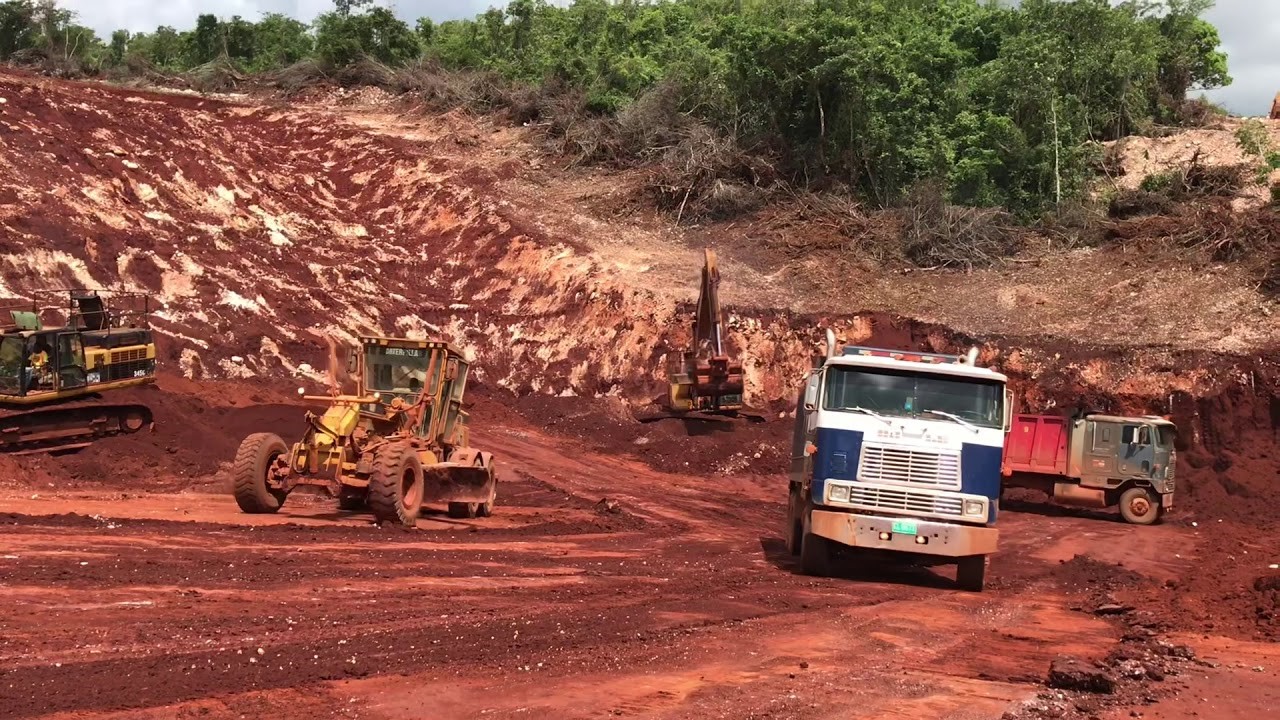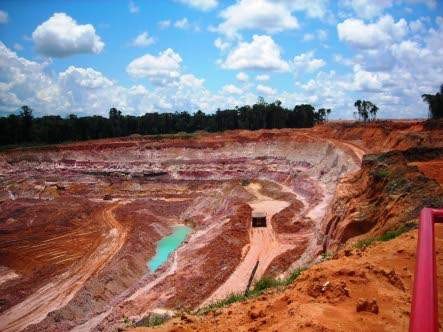

A recent study has unfolded the major environmental oversight failures in the country's bauxite-alumina industry.

The multidisciplinary study commissioned by the Jamaica Environment Trust (JET), comprises negligence of the state agency in monitoring air and underground water pollution in bauxite mining communities, failure to follow air pollution monitoring guidelines, as well as, weak enforcement of regulatory guidelines stipulated in mining permits.
According to Diana McCaulay, Director, JET: “The failures were as a result of insufficient data-gathering efforts by the regulatory body and a delay in the implementation of a regulatory framework for the industry at its inception.”
“We found that the regulatory framework for the industry was long delayed. So, although this industry is almost 70 years in Jamaica, we did not set about putting in a proper monitoring framework until 2015. But even with that we also found some significant monitoring and enforcement failures.”
“There were important data gaps and we concluded that there was an entirely insufficient effort made to collect or analyse important data. It was just amazing that there was so much we did not know about this critical industry,” the JET founder said while speaking at a virtual summary presentation of the study titled Red Dirt.

McCaulay said: “The study was dogged by long waiting periods in accessing information using the Access to Information (ATI) Act, citing a lack of government transparency as a major finding of the study.”
Of the 27 ATI requests submitted to three primary government agencies with oversight of the bauxite-alumina industry, which included the JBI, the National Environment and Planning Agency and the Mines and Geology Division, as well as, the Ministry of Health and Wellness, JET received 15 complete responses, with 12 requests still outstanding.
McCaulay said: “There was a lack of data to show, for example, that the National Restoration Committee, a body which operates out of the Mines and Geology Division at the Ministry of Transport and Mining, has been carrying out its function of restoring mined out pits in communities affected by mining.”
“The reclamation standards that are enshrined in law currently are ineffective at restoring soil fertility for most crops. This is something that farmers have been talking about for more than two decades. But we still have the same standards for reclamation.”
“Due to the absence of data, we couldn't verify the Jamaica Bauxite Institute's reclamation claims, and we found the national restoration committee to be inactive. The data was insufficient to support the claims of no damage to underground water from mining,” said McCaulay, concluding that the regulatory body has instead been operating as a “pro-industry agency” that has failed to carry out its regulatory function.
The JET founder added: “We thought that there was a conflict of interest that was inherent in the delegation of the environmental monitoring functions for the industry being handed over to the Jamaica Bauxite Institute. We did not find them to be particularly cooperative in trying to work with us to get the study done.”

The study, which was conducted to assess the regulatory framework of the bauxite-alumina industry in Jamaica, as well as, to investigate the impact of the industry on Jamaica's land, economy, and people over the last seven decades, compiles research from nine experts from varying disciplinary backgrounds.
The study also highlighted a vital monitory breach in the case of mining operations carried out by Noranda Bauxite Partners in the area of Special Mining Lease (SML) 65 in Trelawny.
According to data management consultant and environmental chemist, Dr Anthony Greenaway, author of the chapter on the industry's regulatory framework, licence requirements for air quality monitoring in Noranda's operations were woefully lacking. The same was true for mining operations at UC Rusal's Bayer Plant at Ewarton in St Catherine.
Greenaway said: “There was a lack of compliance with permit requirements for the placement of air quality monitoring sites in mining communities.”
“Concerning the modelling, which is meant to guide the monitoring of air quality, our review of two case studies found that the dispersion model results seemed to have little bearing on the actual monitoring sites selected and, therefore, gave no guidance as to compliance to the NAAQS [National Ambient Air Quality Standard].
“In the case study of Noranda's mining operations, the boundary of Special Mining Lease (SML) 165 was used as the “fenceline”, to locate compliance monitoring sites, so all suggested compliance sites were outside the lease boundary. Using the concept of a “fence line” is suitable for a processing facility, where it can reasonably be assumed that the public does not have access inside the fence line,” the report said.
“This approach is not, however, suitable for mining in a rural area as there are many small communities inside the boundary. The guidelines require the placement of sites within all areas accessible to the general public, which would be the entire lease area. We also found no evidence that monitoring sites were being moved as mining areas within the lease area changed,” said Greenaway, adding that in both instances there were no background sites or compliance sites, “therefore, modelling results and data collected were not verified,” Greenaway noted in his chapter.
He lambasted the JBI and the government in its handling of air and water pollution monitoring, arguing that proper monitoring is critical for the sustainability of the industry in Jamaica.
“We've got the Jamaica Bauxite Institute that's responsible for monitoring the industry and making sure it's compliant.”
“I think that if we manage the process properly if we ensure that all the information is available, the Jamaica Bauxite Institute and, hopefully, the new Minerals Institute will start doing proper research into the impacts that these activities have on our system, then I think we have a viable industry and I think we can control it. But it must be done properly,” said Dr Greenaway.
Responses








